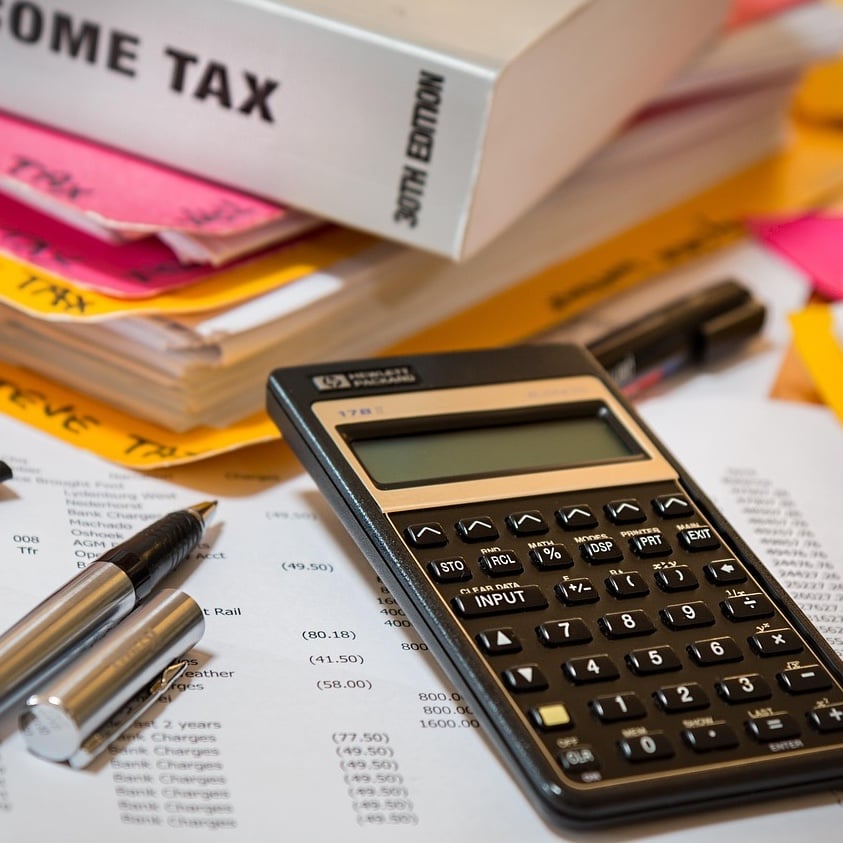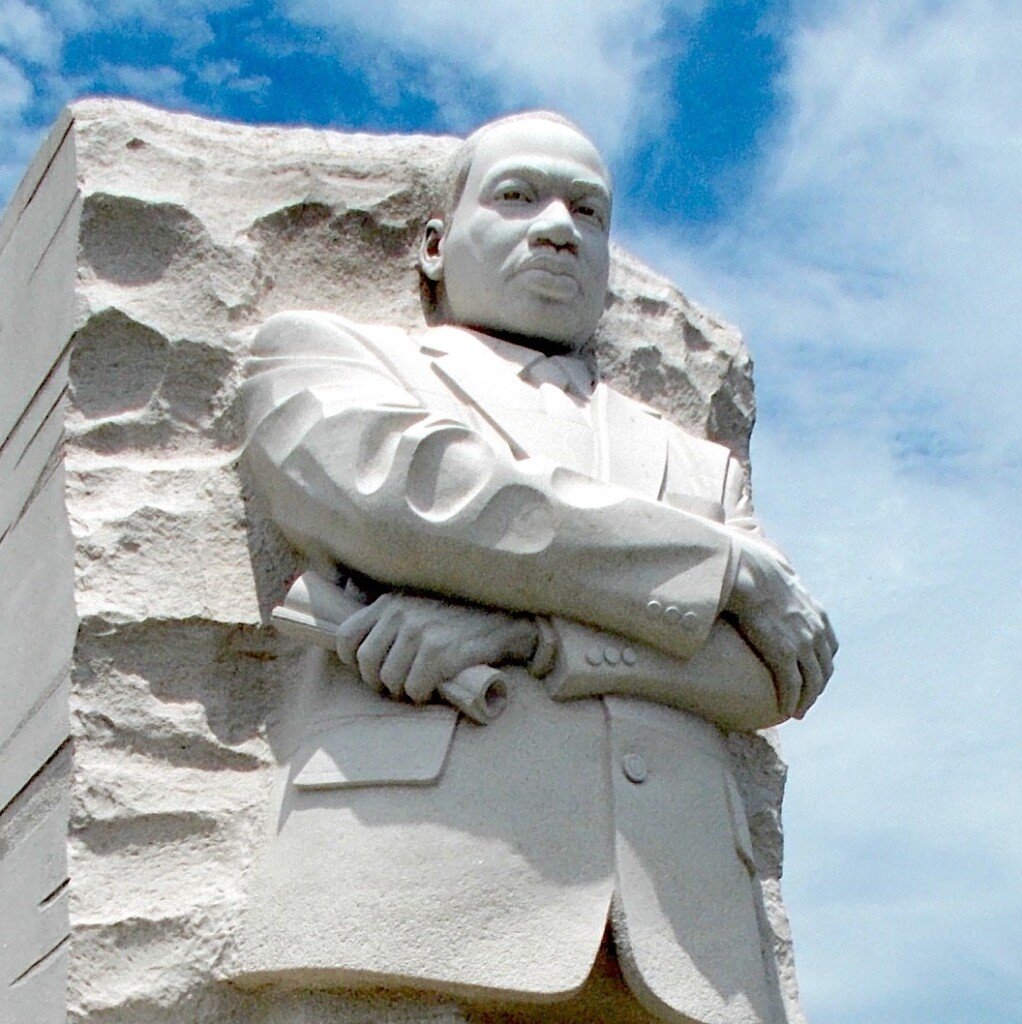It’s Time to Reform Marijuana Laws in Georgia
A new poll finds most Georgians favor legalizing marijuana. To get to that point, we need significant reform of the current laws.
In 2025, it remains illegal in Georgia to grow, possess or consume marijuana products. That’s a fact.
 It is also a fact that almost every Georgian reading these words either uses marijuana products themselves or knows someone who does. Anyone driving with their windows down through certain parts of the state will smell enough marijuana smoke to make them think they’ve mistakenly driven into a Snoop Dogg concert.
It is also a fact that almost every Georgian reading these words either uses marijuana products themselves or knows someone who does. Anyone driving with their windows down through certain parts of the state will smell enough marijuana smoke to make them think they’ve mistakenly driven into a Snoop Dogg concert.
Most Americans today live in states where recreational use is legal. In Georgia, we have a very modest medical marijuana program that limits the levels of THC – the intoxicant in marijuana – to such small levels that no sustainable market has formed for the handful of producers licensed to operate in the state. Businesses don’t last long that way, so if we’re serious about preserving legal access for those patients, we need significant reform. A survey done in April by the University of Georgia’s School of Public and International Affairs finds 56% of the 1,000 registered voters polled support legalizing marijuana. That’s up 10% from 2017.
Not that it’s all that hard to attain marijuana products. Stores in neighboring Florida advertise THC sales that don’t require a medical card. And while not legal, some Georgians order marijuana from a state where it’s legal and have it delivered to their mailboxes by the U.S. Postal Service.
Despite this ease in skirting the law, a bill emerged during this year’s General Assembly that would have outlawed THC-infused drinks that are available at Georgia’s more than 4,000 hemp stores. This would result in a loss of revenue for taxpaying Georgia retailers and benefit stores in other states that could mail it in. Such is the absurdity of this nanny state proposal.
Many adults – and, yes, certainly we don’t want kids partaking, but that’s true of many legal activities – have moved from alcohol to these products because they can catch a buzz without dehydration and hangovers. They might even enjoy the salubrious benefits of better sleep, pain relief or anxiety reduction.
Admittedly, heavy users of THC are more likely to end up asleep on a couch surrounded by Doritos crumbs than on stage accepting a Nobel Prize. At the same time, it’s not the highway to Hell that can result quickly with harder drugs like meth or opioids, which we should seek to eradicate. It’s silly to group them together with THC, which should fall in the “It’s not the best idea ever, but it’s no one else’s business” category.
The numbers suggest strongly that Americans like to use chemicals which our government overlords disapprove of. While impossible to calculate black market revenues in Georgia for marijuana, it’s easily in the hundreds of millions – money that goes to violent cartels that could instead go to U.S. farmers and legitimate retailers.
THC doesn’t have to come from marijuana; it can come from hemp, which was legalized nationally in 2019. This is a huge opportunity for Georgia, says Will Wingate, cofounder of Second Century Ag in Ocilla, which processes hemp into CBD products.
“This is a perfect transition crop for tobacco farmers who have the equipment, have the experience and don’t want to grow tobacco anymore,” says Wingate. “They can grow something that heals the body and heals the earth.”
THC drinks, like gummies and other edibles, are considered reduced-harm products. If people want THC, we should encourage consumption that doesn’t involve setting weed on fire and inhaling smoke into their lungs.
The same is true of nicotine, which is addictive but doesn’t cause cancer or other deadly diseases associated with smoking. Nicotine pouches and other alternatives are considered less dangerous than cigarettes.
If the U.S. Food and Drug Administration wants to Make America Healthy Again, it should drop its prudish objections to nicotine products and force its Center for Tobacco Products to start approving some of many applications for reduced-harm alternatives.
Our state and federal governments have a compelling interest in discouraging use of products that cause disease when used as intended. Smoking tobacco or marijuana drives up healthcare costs that we all pay through private insurance and taxes. Smokeless products don’t necessarily do this, and the government should have learned its lesson a century ago: Prohibition doesn’t work in a free society.
In the end, Georgia legislators wisely rejected the prohibition on THC drinks. Instead, they voted to expand access to them by allowing liquor stores to carry the products. That’s movement in the right direction – toward harm reduction and personal liberty.
We still have a long way to go before we’re afforded the same legal options available in many other states, but at least we can have that debate over a few cold ones infused with THC. 
Brian Robinson is on The Georgia Gang Sundays on WAGA/Fox 5 Atlanta. He won a Green Eyeshade Award in 2024 for Humorous Commentary/Magazines for the column he writes for Georgia Trend.







